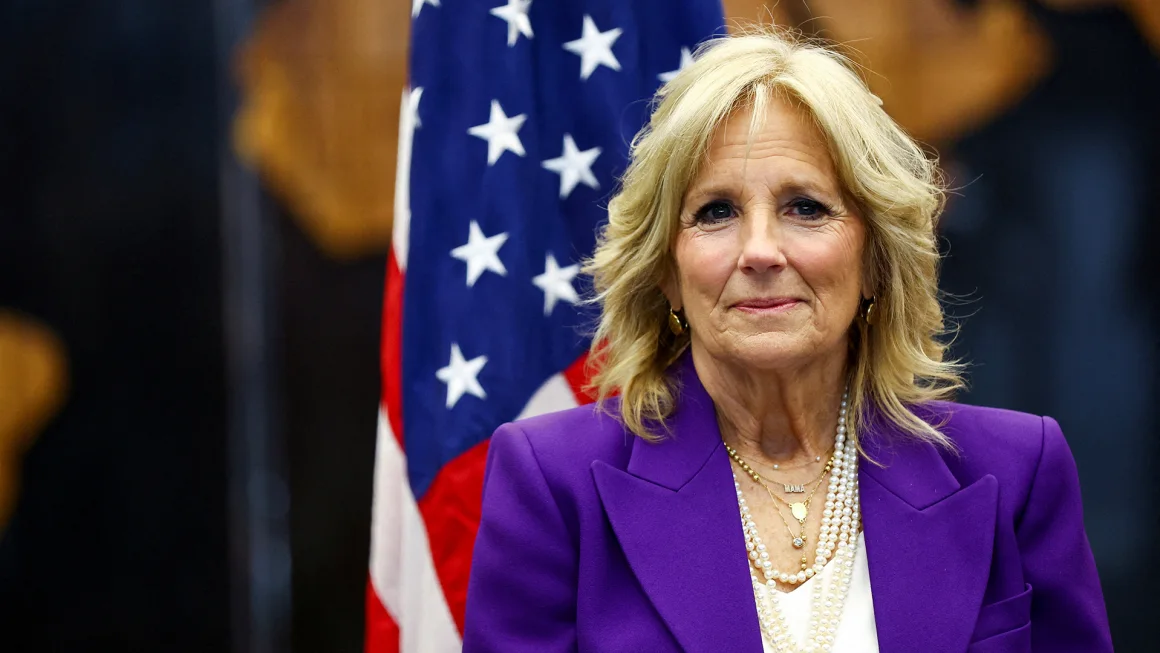More Questions Than Answers After Senate Energy Hearing
The Senate Energy and Commerce Committee held a hearing on the path forward for Puerto Rico’s electricity grid, eight months after Hurricane Maria devastated the Island. Committee Chair Lisa Murkowski (R-AK) stressed the need for the grid to be resilient and for the Electric Power Authority (PREPA) to take advantage of a recent change in the Stafford Act to allow the Federal Emergency Management Agency (FEMA) to modernize the electricity system. Congress awarded $2 billion in Community Development Block Grant (CDBG) funds for that project, though Governor Ricardo Rosselló has estimated that rebuilding the grid will take at least $17 billion. The new PREPA CEO, Walter Higgins, was vague in his responses to questions about how resilient the new system should be and when construction would begin. U.S. Army Corps of Engineers (USACE) Assistant Secretary Bruce Walker said that the Army Corps will be leaving Puerto Rico on May 18, even though he also stated that at least 25,000 PREPA customers still lacked electricity. He said FEMA charged the USACE with the task of rebuilding the grid and that they were following orders to leave. Higgins also mentioned that the utility only has 2 months’ worth of funding reserves, despite a $300 million loan recently approved for PREPA by federal bankruptcy judge Laura Taylor Swain.
The ghost of White Fish also made an appearance at the hearing as Walker and Government Development Bank (GDB) President, and panel witness, Cristian Sobrino, argued over when, why, and how the Commonwealth finally decided to activate a mutual partnership agreement with U.S. utility companies, which is standard practice in similar emergencies. After Hurricane Maria, PREPA awarded a $300 million contract to a previously unknown Montana company with only two full-time employees, whose owner was a donor to U.S. Secretary of Interior Ryan Zinke. Four weeks later, after delays, unanswered questions, and other complications, PREPA canceled the contract and formally asked for mutual assistance on October 31st.
Both Murkowski and Ranking Democrat Maria Cantwell (D-WA) expressed concern over the Governor’s plan to merge the independent Energy Commission (PREC) with other regulatory agencies. Sobrino said that the Puerto Rico Legislative Assembly was working on a bill to create a new energy commission, which he assured senators would be “independent.” Sobrino did not explain why the Administration wants to replace the existing commission. In the end, those seeking answers regarding how PREPA will be privatized and whether Puerto Rico will employ greater renewable energy sources, among other unresolved issues, may have left the hearing with more questions than answers.
Governor Submits Budget to Fiscal Board
This week the Governor submitted a $8.5 billion budget to the Fiscal Oversight Board (FOB) for its approval. The Governor’s budget blueprint exceeds the FOB’s spending ceiling by more than $250 million. The amount in dispute resulted from differences in projected revenues. The draft budget would not implement the pension cuts (estimated at an average of 10%) that were included in the FOB’s recently certified fiscal plan. The Governor also did not include payments for General Obligation (GO) bonds, or other debt service payments. The FOB is expected to return the budget and ask for corrections, including the inclusion of labor reforms initially proposed by the Governor but later withdrawn after the FOB rejected his call for minimum wage increase. The controversial labor reforms apply to private sector employees and would cut sick leave and vacation days to 7 days each, eliminate the Christmas bonus, and reduce other benefits.
May Day Protests Turn Violent, Many Criticize Excessive Force by Police
For the second year in a row, a coalition of labor groups, teachers, community organizations and others protested along the “Golden Mile” (San Juan’s financial district) to reject what they consider to be draconian austerity measures imposed by the FOB and the government. Though less violent than last year’s events, this year the police used what many consider to be excessive force. Images of a police officer pepper spraying an innocent woman, officers chasing protesters and arresting them inside their homes, a journalist being hit by a police officer with a club, and others made international headlines. No deaths were reported. U.S. Federal Judge Gustavo Gelpí called for an independent investigation of police actions and the ACLU also called for the proper authorities to investigate.
Protesters focused their anger on the recently certified fiscal plan approved by the FOB which includes, among other provisions, a 69% tuition increase for the University of Puerto Rico (UPR), a work requirement for food stamp recipients, the closure of more than 250 schools, unpopular labor reforms, and other austerity measures.
Share
STAY IN THE LOOP
Subscribe to our free newsletter.
Proposal would tap sports betting to pay for new doctors With the number of physicians falling to historically low levels, a new proposal by a doctor and activist would use a portion of proceeds from […]
Student debt now exceeds median household income in Puerto Rico The cost of obtaining a degree is rising for students in Puerto Rico, and recent data show that it now exceeds the median household income […]
Gap continues for Medicare Advantage beneficiaries Representatives of Puerto Rico’s health care sector are lamenting a decision by the Center for Medicare and Medicaid Services (CMS) not to implement recommendations to increase funding for these […]
First Lady visits Fort Buchanan First Lady Jill Biden visited with military families at Fort Buchanan, the only U.S. Army installation in the Caribbean, on Sunday. The trip was part of Dr. Biden’s “Joining Forces” initiative […]




